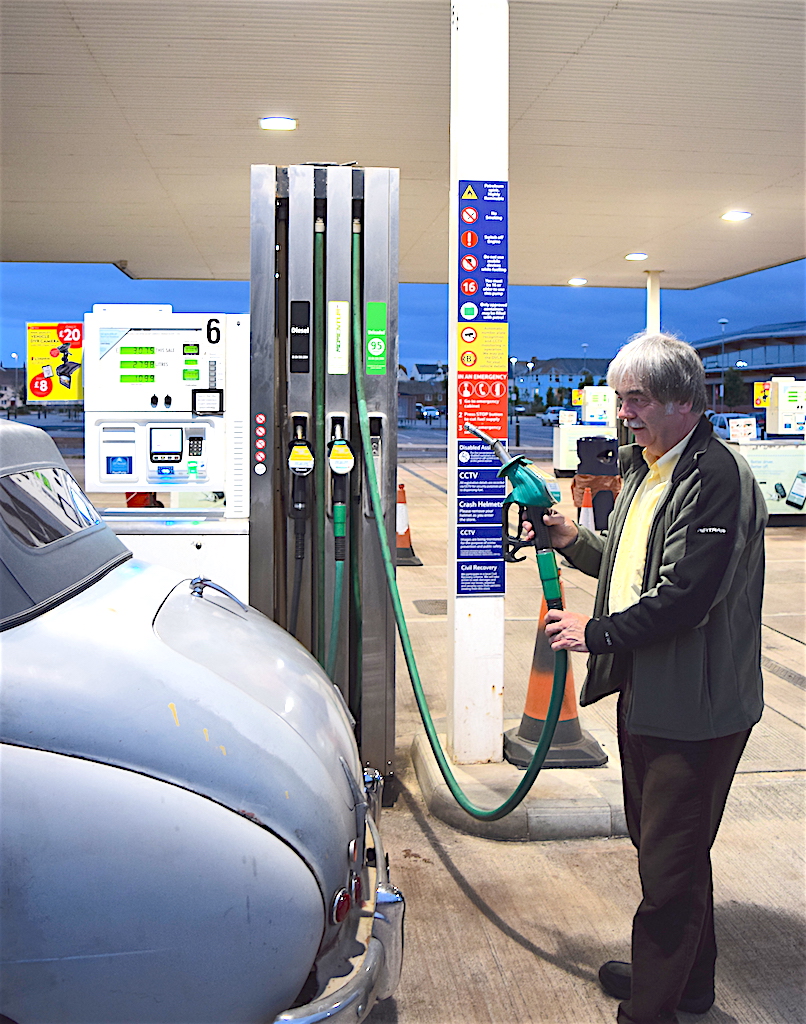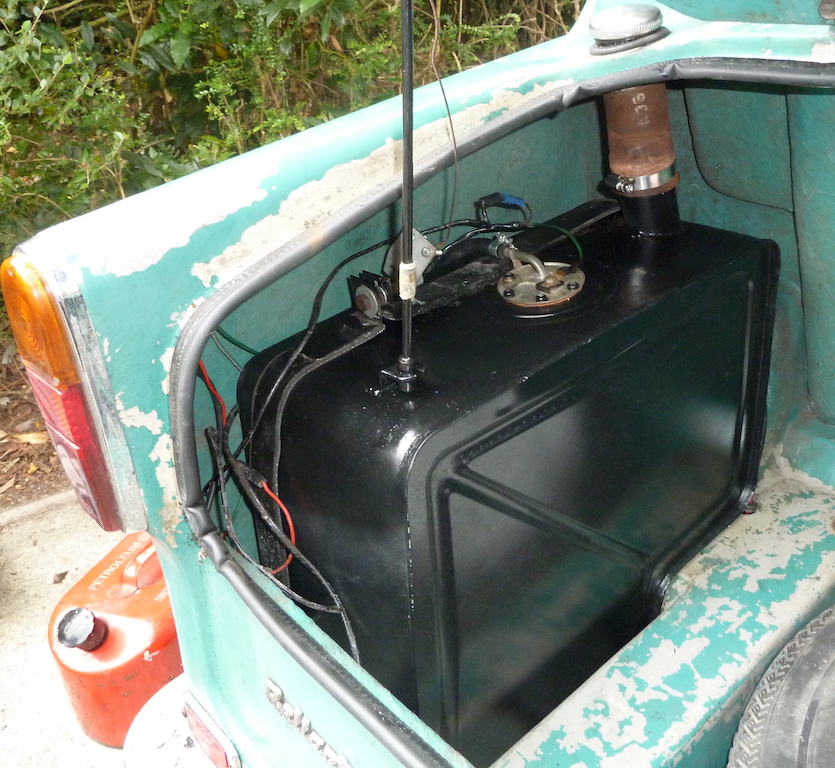 Government plans for a new petrol standard next year will hit 600,000 motorists who cannot use it and lead to social hardship and exclusion, according to the RAC. Robin Roberts (and ‘Wheels Within Wales’) reports…
Government plans for a new petrol standard next year will hit 600,000 motorists who cannot use it and lead to social hardship and exclusion, according to the RAC. Robin Roberts (and ‘Wheels Within Wales’) reports…
The Government has proposed replacing the minimum E5 standard for petrol blended with ethanol and substituting an E10 grade, which uses more ethanol but produces less carbon emissions.
However, engineers say it may need engines being retuned, has less thermal efficiency and fuel consumption will rise, so offsetting the perceived benefits.
The move is also likely to depress the value of used models more steeply and leave some motor dealers with models they cannot sell off forecourts or put into auctions.
RAC fuel spokesman Simon Williams said, “Everybody agrees that steps must be taken to reduce emissions from road transport, however introducing E10 as the standard petrol will pose some challenges.
“Firstly, as the RAC Foundation points out, there could be as many as 600,000 vehicles on our roads that aren’t compatible with the fuel.
Many of these are likely to be owned by those from lower income backgrounds and while it is welcome that E5 petrol is not being phased out altogether, owners of these vehicles will face higher fuel costs – and will also have to hunt out those forecourts that still sell E5.
Some retailers will also not have the capacity to be able to provide both E5 and E10 fuels on forecourts, so the impact is likely to be most keenly felt by those with incompatible vehicles in rural areas.
It is also vital that owners of affected vehicles are aware of the changes. We’d like to see the DVLA writing to these owners to inform them that E5 will no longer be the standard premium grade, and to let them know their options. This, alongside a trusted online resource where drivers can quickly identify if their vehicles are E10 compatible or not, will go a long way to avoiding any expensive problems from filling up wrongly with the new blend.
For the overwhelming majority of drivers with compatible vehicles, the introduction of E10 petrol will make little difference other than a possible slight reduction in fuel economy.”
What’s the science?
While the higher octane fuel can reduce some emissions, it does not cut out all harmful gases.
Use of E10 can cause increases in evaporative emissions and some pollutants depending on factors such as the age of the vehicle and weather conditions.
Disadvantages to ethanol fuel blends when used in engines designed exclusively for gasoline include lowered fuel mileage, metal corrosion, deterioration of plastic and rubber fuel system components, clogged fuel systems, fuel injectors, and carburettors, delamination of composite fuel tanks, varnish build up on engine parts, damaged or destroyed internal engine components, water absorption, fuel phase separation, and shortened fuel storage life.
It is outlawed for use in aircraft engines on safety grounds.
Kim adds: This is short-sighted, misguided and extremely bad news for the owners of older cars and classics. At the very least it will result in a serious fire risk in any older vehicle not designed to run on E10 fuel, and which has not had its fuel system modified to cope with this ‘aggressive’ fuel, which destroys rubber, cork, plastic and metal components in the fuel systems of older vehicles. If you have any doubts about the implications for your own vehicles, I urge you to read Dave Moss’s excellent features on this. These were published on Wheels-Alive in 2016 and highlighted the potential dangers and other problems associated with the possible introductioon of E10 petrol. To read Part 1, please click HERE (and there are links within this feature to Parts 2 and 3).
An additional quote from a fellow owner of older/classic cars, and echoed by many thousands of others: “It’s the end of the road for our classics if this does come in nationally. A devious back door ploy to force scrappage and make people buy over priced electric cars and travel more by buses and trains.”

More information: https://en.wikipedia.org/wiki/Common_ethanol_fuel_mixtures